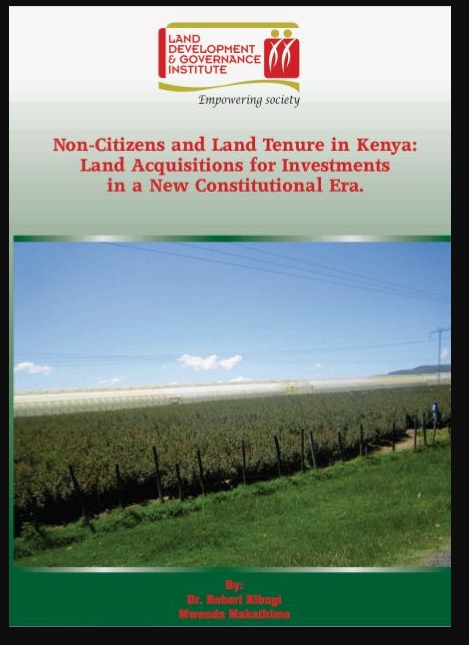What Can Cities Do to Enhance Competitiveness? Local Policies and Actions for Innovation
Policies on municipal actions to promote
local competitiveness have typically focused in three areas:
i) providing infrastructure (transportation,
telecommunications, water & sanitation, etc.); ii)
improving public services (education, health, public
security, housing, etc.); and iii) reducing the cost of
doing business by simplifying regulations (making it easier
to open businesses, pay taxes, hire workers, acquire land,


